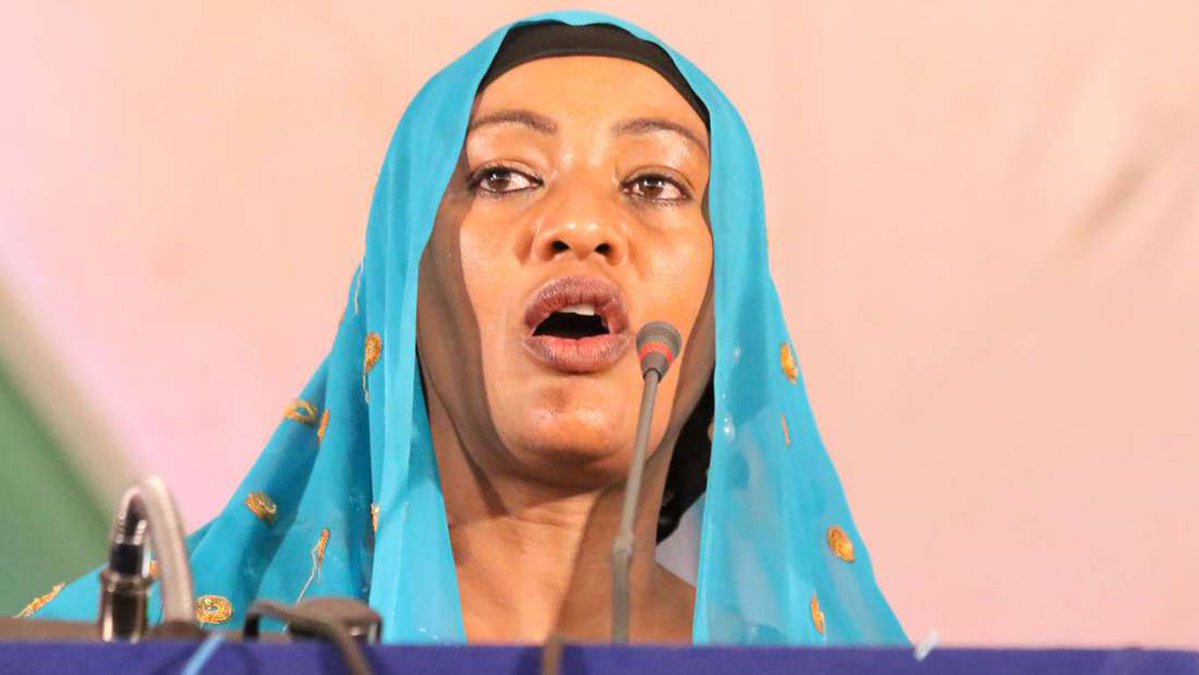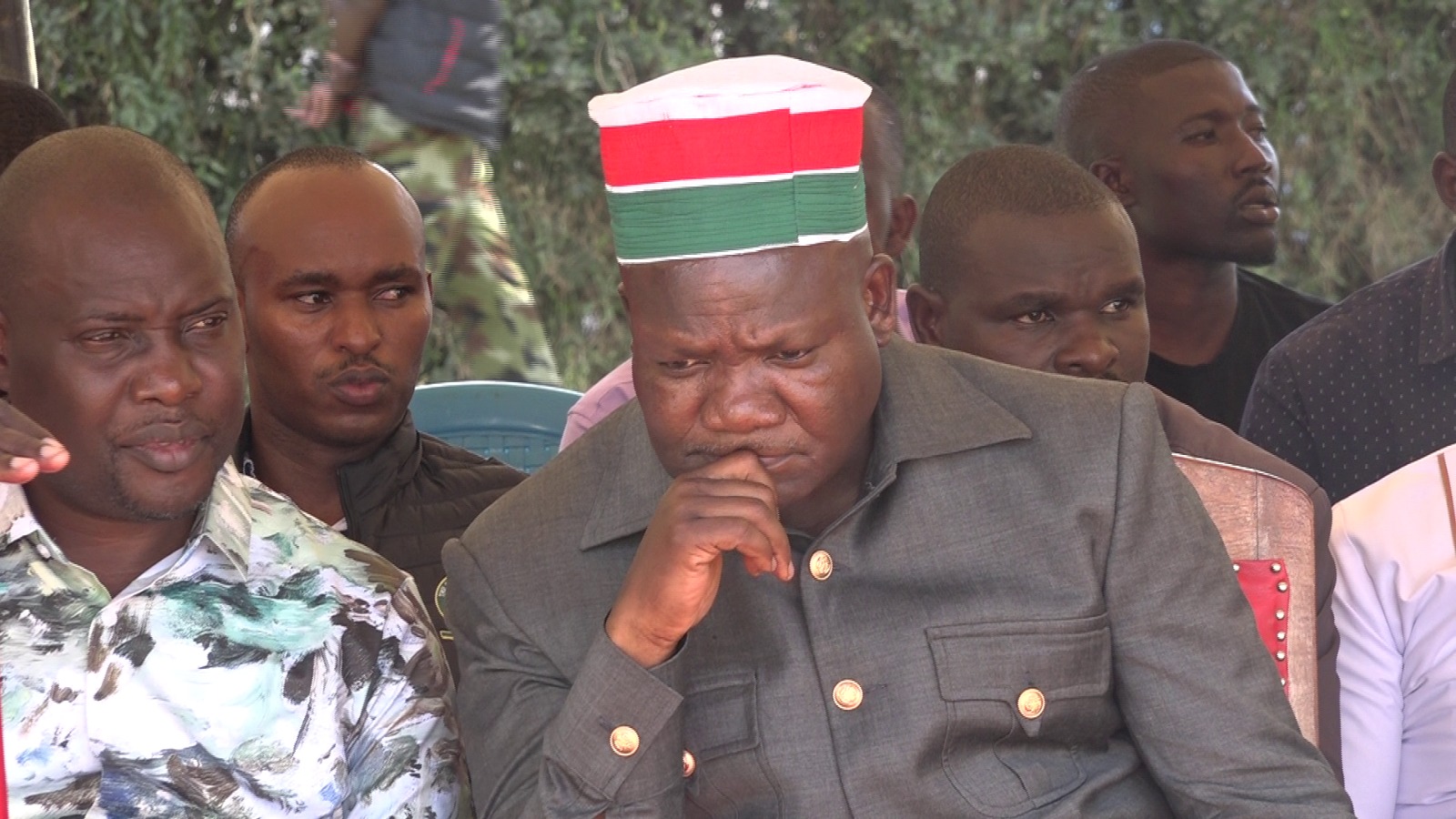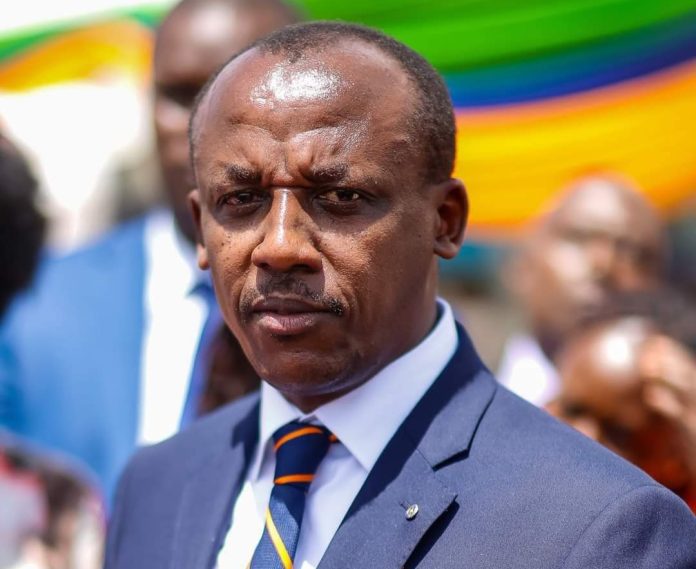“Sign languages connect families and societies by breaking down communication barriers, promoting accessibility, and amplifying the voices of those often sidelined. The theme encourages everyone to recognise the power of fostering understanding and creating a truly inclusive society where no one is left behind in the pursuit of a just and equitable world,” said National Gender and Equality Commission (NGEC) chairperson Rehema Jaldesa
To unlock the full article:
Choose one of the options below:
- Ksh 10 – This article only
- Ksh 300 – Monthly subscription
- Ksh 2340 – Yearly subscription (10% off)
By TWV Reporter
The National Gender and Equality Commission (NGEC) has urged all stakeholders to prioritise policies that protect and promote sign languages as official tools for inclusion. In a statement issued to mark the International Day of Sign Languages, celebrated annually on 23 September, NGEC chairperson Rehema Jaldesa commended ongoing efforts such as the inclusion of Kenyan Sign Language (KSL) in the national curriculum, but also called for increased funding to support deaf-led organisations and initiatives.
“Today, let us unite through meaningful actions, including advocating for accessible communication and policies that recognise sign languages as official languages in our nation.”
She noted that the day is set aside each year to honour the profound role of sign languages in fostering inclusion, equity, and connection. “This year’s theme, Sign Language Unites Us, serves as a powerful reminder that sign languages are more than tools for communication. They are bridges that connect people, cultures, and communities across every border,” she said.
“Sign languages connect families and societies by breaking down communication barriers, promoting accessibility, and amplifying the voices of those often sidelined. The theme encourages all to recognise the power of fostering understanding and creating a truly inclusive society where no one is left behind in pursuit of a just and equitable world.”
Jaldesa added that sign languages are a full and natural means of human expression, enabling millions of deaf and hard-of-hearing individuals to participate fully in society. “They carry the history, traditions, and values of the communities that use them, while also opening doors for inclusion, equality, and mutual respect.”
Kenya has a significant Deaf population, estimated at 11.4% of the 1,346,110 persons with disabilities. Jaldesa noted that the country has made strides in ensuring the inclusion of the Deaf community in all spheres of life.
“The National Gender and Equality Commission celebrates these steps, which include the recognition of Kenyan Sign Language as an official language in the Constitution of Kenya (2010), the enactment of the Kenyan Sign Language Act (2022), and the Persons with Disabilities Act (2025), which explicitly recognises ‘communication’ to include languages, display of text, Braille, tactile communication, signs, large print, accessible multimedia and augmentative formats.”
“However, we must now move from legal recognition to tangible implementation. Justice is achieved when the Deaf community has access to public services, quality education, healthcare, and employment opportunities on an equal basis with others, through the seamless provision of sign language services,” she added.
Jaldesa stressed that early access to sign language education and services is vital for the growth of the Deaf community and for achieving the Sustainable Development Goals, especially SDG 4 (inclusive education) and SDG 5 (gender equality).
“In accordance with the UN Convention on the Rights of Persons with Disabilities and the Persons with Disabilities Act (2025), we urge the government, educators, employers, healthcare providers, and media to incorporate Kenyan Sign Language interpretation into public services, schools, workplaces, and digital platforms. Investing in sign language training for interpreters and including it in teacher education programmes will not only protect linguistic rights but also enable deaf individuals, particularly women and young people, to engage fully in economic, social, and political spheres.”
She affirmed that the Commission remains steadfast in its commitment to advancing gender equality, combating discrimination, and advocating for the rights of Persons with Disabilities (PWDs), including the Deaf and hard-of-hearing community.
“Importantly, sign language unites us, not just in understanding, but in building a Kenya where equality is a lived reality for every citizen, regardless of gender, disability, or background.”
[/full]




